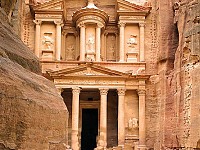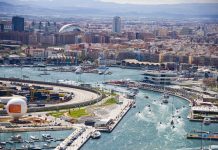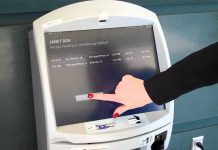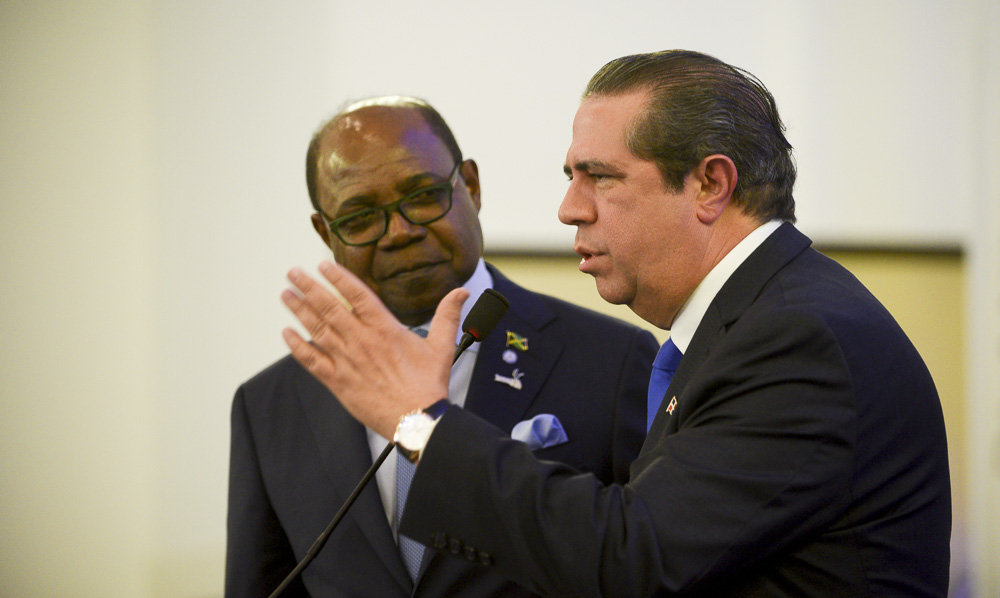This post may contain affiliate links. We may earn money or products from the highlighted keywords or companies or banners mentioned in this post.

Perception is everything in a lot of areas, and tourism is one of them. That is one of the reasons why tourism in Jordan, and the historic city of Petra in particular, has been suffering from the endless turmoil which has surrounded the Middle East, Iraq and Syria, since the Arab Spring and the rise of new regimes and rebel groups in the area.
Once visited by thousands of tourists every day, The Rose City, an important and popular archeological site as well as one of the New 7 Wonders of the World is now only visited by as few as 40 people on the very worst days.
According to government data, tourism in Jordan has plummeted by a staggering 80% since 2011, as a result of Western tourists regarding the region unsafe. However, that perception is far from the reality, as feedback online and on site is overwhelmingly positive, even as the number of tourists visiting The Treasury, the most precious ruin in Petra, is so small this feedback barely reaches the Western world.
Since Petra’s local economy is largely supported by tourism, it is not surprising that the city’s inhabitants have been struggling to make a living, especially last year, when the situation became extreme. Camel drivers, for instance, are making roughly a tenth of what they used to, since their camels sit idle most of the day, and their profit barely covers the rations.
Given this situation and the fact that misinformation may be spreading in the West, the Jordan government has now taken the promotion of Petra abroad into its own hands by advertising the city in “the least sensitive markets and largest markets” like Eastern Europe and the Far East, in order to try and revitalize the area’s tourism industry.
The government’s strategy to “make sure traffic starts coming back from these markets sooner rather than later”, in the Tourism Minister’s words, comes at a time when 10 hotels have already been forced to close in Petra, leaving 1800 hotel workers unemployed, and it brings new hope to the local population who still believes in the beauty and safety of the region, and hopes the campaign will help foreigners recognize that too.










